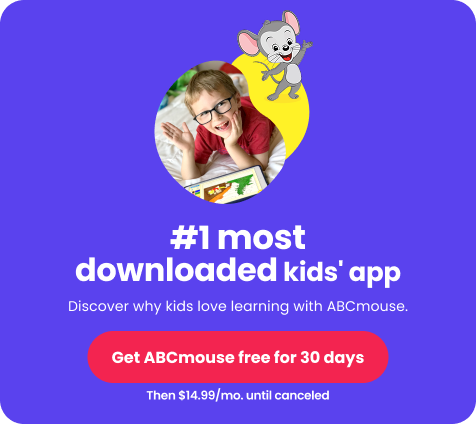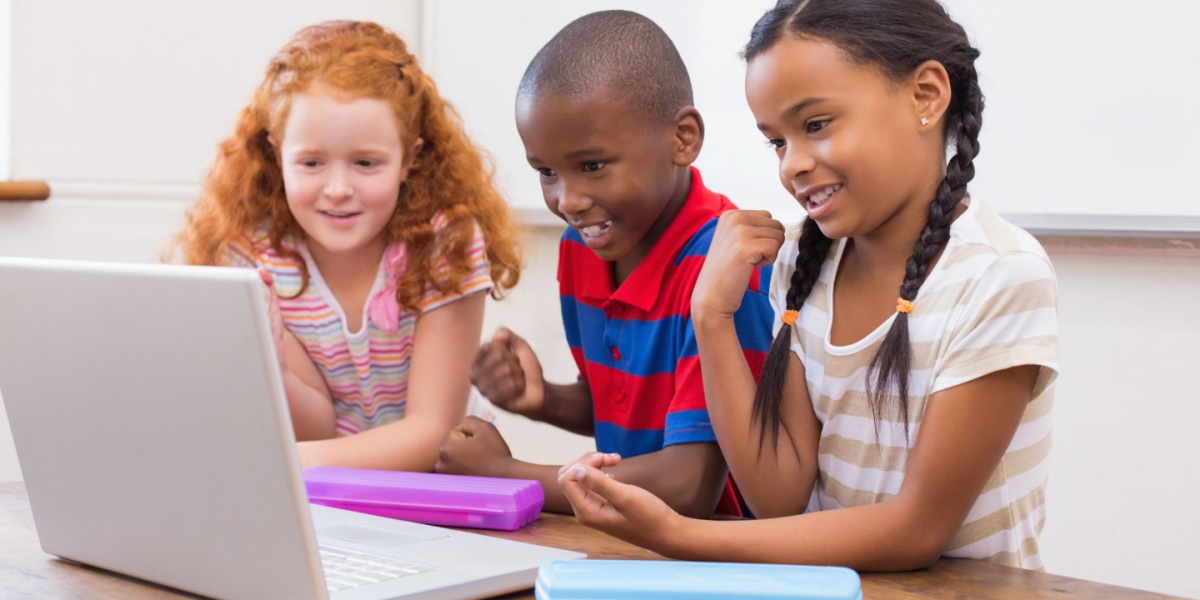
How Online Games Can Help Social-Emotional Learning
Educational games play a powerful role in building children’s social-emotional skills—and research shows exactly why they work.
Share
Table of Contents–Jump to Each Section
Social-emotional learning (SEL) is a foundational part of child development, helping young learners understand their emotions, build positive relationships, and persevere through challenges. Growing these skills can support a child’s academic and social well-being.
While SEL is often taught through everyday interactions with peers and caregivers or structured classroom activities, research shows that online learning games can contribute to building these skills.
To better understand how educational apps and games can support SEL, it’s helpful to first look at what social-emotional learning involves and why it matters so much in early childhood.
Social emotional learning is just one way digital learning games positively impact children. Research also shows they can enhance cognitive development and lead to gains in math and literacy skills.
What is Social Emotional Learning?
Social-emotional learning (SEL) involves building the self-awareness, emotional regulation, and social skills necessary in school and everyday life. It helps children recognize and manage their emotions, form positive relationships, and make thoughtful, responsible choices.
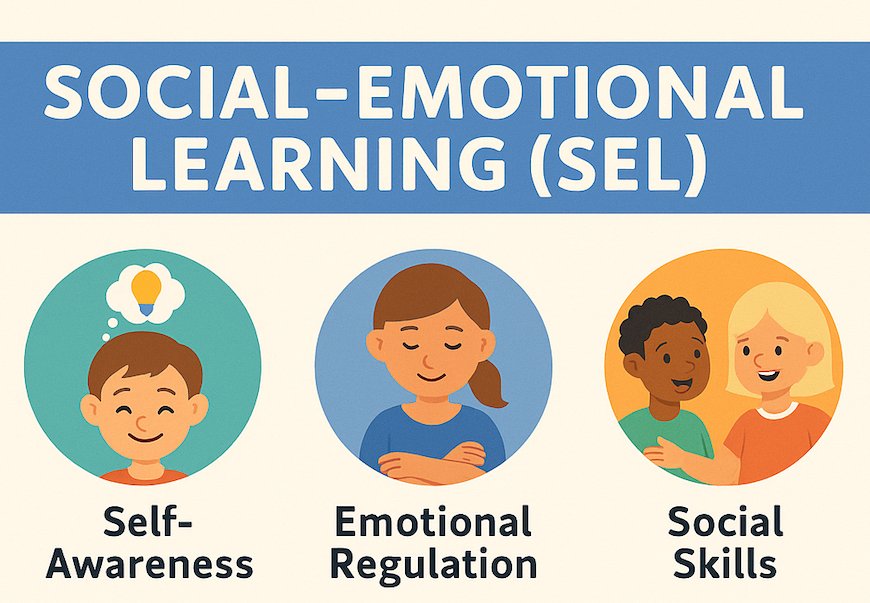
Social-emotional learning often includes these components:
- Self-awareness: Recognizing your own emotions, thoughts, and strengths to better understand yourself.
- Self-management: Controlling emotions, behaviors, and impulses to handle challenges and reach goals.
- Social awareness: Understanding others’ feelings and showing empathy and respect for different people.
- Relationship skills: Building healthy relationships through communication, cooperation, and conflict resolution.
- Responsible decision-making: Making good choices by thinking about consequences and considering others.
Learning Games Boost SEL Skills in Young Children
Social-emotional skills like teamwork, communication, emotional regulation, and relationship-building are vital to children’s growth and development. While much of this learning occurs during a child’s day-to-day interactions with others, studies indicate that online learning games can foster self-awareness, empathy, problem-solving skills, and other SEL skills.
Here’s a deeper look at how digital educational games support social-emotional learning and the research highlighting their impact.
Online learning games build emotional intelligence and regulation.

HOW: Learning to identify and manage emotions is a key aspect of social-emotional learning. Mastering any game requires players to recognize and regulate their emotions. Players who struggle with certain games may experience frustration and anger. Those who consistently score well can become overconfident, leading to a desire to shut down and quit when they encounter something more challenging.
SUPPORTING RESEARCH: The 2024 study published in Frontiers in Psychology states, “Game-based learning can help children develop better emotional regulation skills and reduce negative emotions, such as anxiety and aggression.” In order to succeed in any game, players must find ways to keep emotions in check so they can return to the task at hand. Playing online learning games provides kids with opportunities to practice recognizing and regulating their feelings and reactions to challenges, failures, and successes.
Playing online learning games provides kids with opportunities to practice recognizing and regulating their feelings and reactions to challenges, failures, and successes.
Online learning games build resilience and self-confidence.
HOW: Many educators emphasize the concept of a “growth mindset,” encouraging students to view mistakes as a natural and valuable part of the learning process.
Students with the resilience to bounce back and learn from mistakes and failures may be better prepared to work through academic (and real-life) challenges.
A resilient growth mindset often translates into greater self-confidence, and playing online learning games can help develop both.
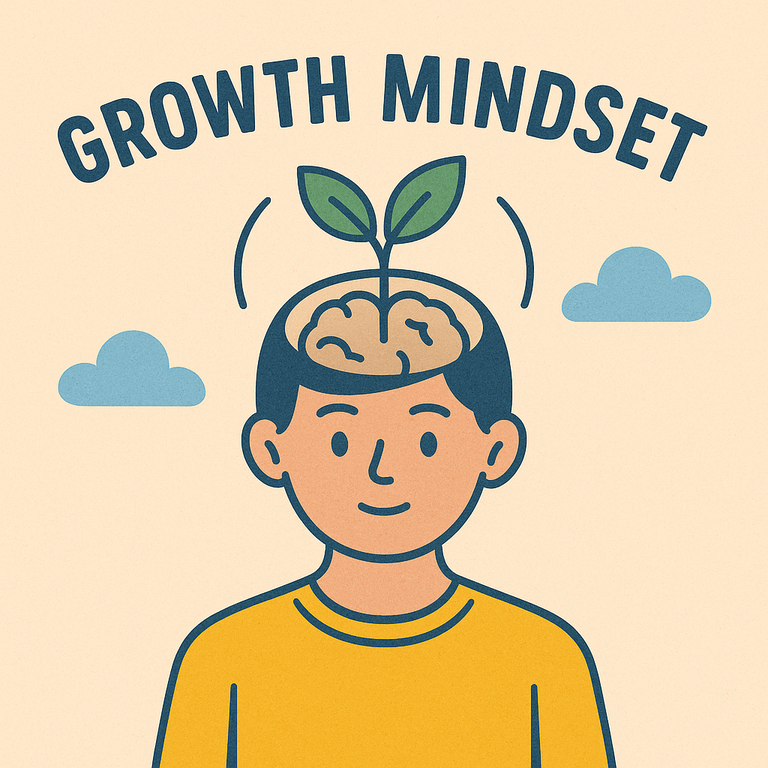
SUPPORTING RESEARCH: The 2024 Frontiers in Psychology study noted, “Online games can help children develop their emotional regulation skills, self-awareness, and self-confidence…games that require children to take risks and try new things can help them build resilience and confidence.”
“…games that require children to take risks and try new things can help them build resilience and confidence.”
Online learning games build self-motivation and goal setting.
HOW: Some people seem to be born with a high sense of self-motivation and an innate desire to learn and achieve. However, most kids have to develop SEL skills like setting goals, managing their time, and staying motivated to complete tasks, especially for subjects they perceive as boring or difficult.
Digital educational games can make it easier to develop these skills, increasing a child’s interest in a topic by presenting material in a highly-engaging way. The positive reinforcement in digital learning games can help motivate kids to learn and master skills. The desire to achieve a higher score, earn a new avatar, or collect digital tickets and badges can go a long way toward motivating young learners as they play.
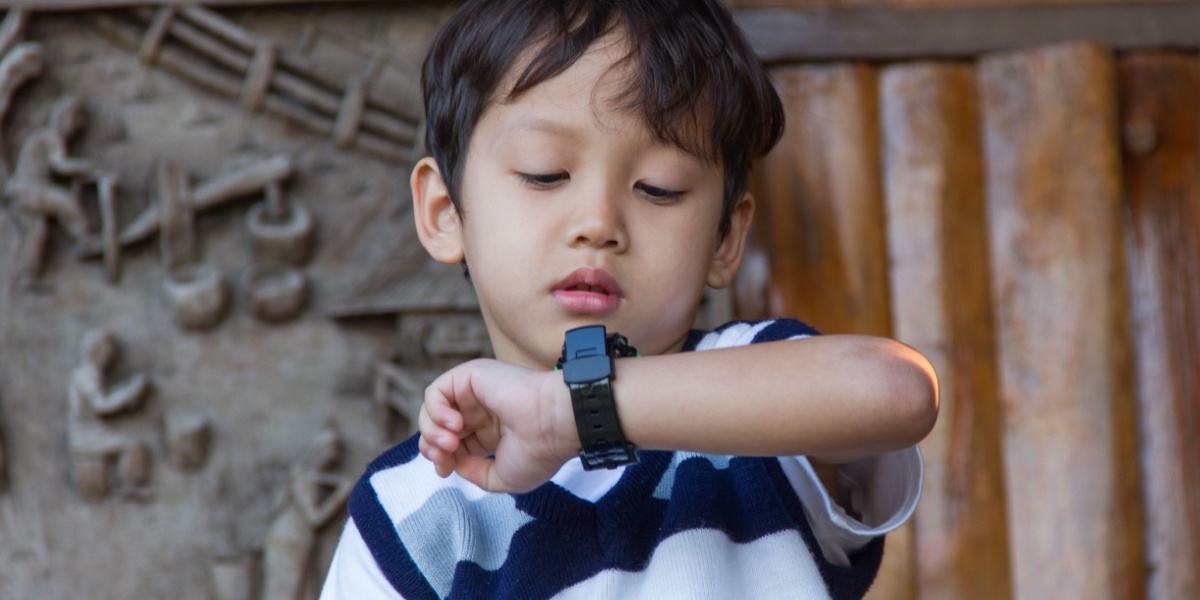
SUPPORTING RESEARCH: Citing from a variety of studies, the authors of the 2024 Frontiers in Psychology review said, “Traditional teaching methods can sometimes be dry and one-dimensional, leading to disengagement and boredom in children. (Fotaris et al., 2016). Online educational games, on the other hand, provide a fun and interactive way to learn, which can increase children’s motivation and engagement in learning (Nieto-Escamez and Roldán-Tapia, 2021). Children are more likely to be engaged in learning when they are having fun and enjoying the process.”
The positive reinforcement in digital learning games can help motivate kids to learn and master skills.
Online learning games build communication and collaboration skills.

HOW: Multiplayer games can foster teamwork and collaboration, as players must communicate and work together to achieve common goals. They also provide opportunities for social interaction and communication, as players build relationships with others who play the same games.
SUPPORTING RESEARCH: “Online games provide children with opportunities to interact with their peers and develop important social skills such as cooperation, communication, and empathy,” the authors report in the 2024 Frontiers in Psychology Review. “Children can learn to work together, take turns, and share resources, which are essential skills for building positive relationships and succeeding in life.”
Playing online learning games provides kids with opportunities to practice recognizing and regulating their feelings and reactions to challenges, failures, and successes.
Online learning games build problem-solving and decision-making skills.

HOW: By presenting players with challenges that require critical thinking, strategy, and decision-making, online games create environments where children can practice and enhance their problem-solving skills, which can often boost their confidence.
SUPPORTING RESEARCH: According to research in a January 2024 paper published in PLoS ONE, “In digital educational games, students are immersed in a contextualized learning environment that stimulates and motivates them through the simulation of real-life scenarios and situations. The game’s tasks, challenges, and interactions allow students to explore new knowledge and solve problems, resulting in a deeper learning experience.” The authors go on to explain that because students are often more engaged when using online learning games, they’re typically more willing “to invest time and effort in problem-solving and task completion.”
Online games create environments where children can practice and enhance their problem-solving skills, which can often boost their confidence.
As research continues to underscore the importance of social-emotional learning in early childhood development, it also reveals that online learning games provide another opportunity to strengthen these skills. When integrated into a child’s learning environment, thoughtfully chosen educational games can serve as a complement to more traditional SEL experiences, helping children to practice emotional regulation, build resilience, strengthen communication skills, and develop effective problem-solving strategies.
Free Games for Social Emotional Learning
ABCmouse is a trusted authority in online education for children ages 2–8. Known for its research-backed and expertly-created learning activities, the app also features hundreds of online learning games, many of which support social-emotional learning.
With an emphasis on learning key foundational skills related to literacy, math, science, and social studies, ABCmouse features game play that can naturally enhance SEL skills.
- As children explore new concepts in the app, they can build critical-thinking and problem-solving skills.
- By creating a safe space for them to make mistakes, children have an opportunity to grow their resilience.
- The highly-engaging and interactive learning environment infuses fun and play into learning, while the ticketing and reward system keeps kids motivated to keep learning.
Here are a few examples of ABCmouse learning games that can also support social-emotional learning. While these games are free to play, children experience the biggest impact in learning with the full ABCmouse app experience, which includes personalized learning and thousands of educational activities.
A game that can help grow communication and collaboration skills
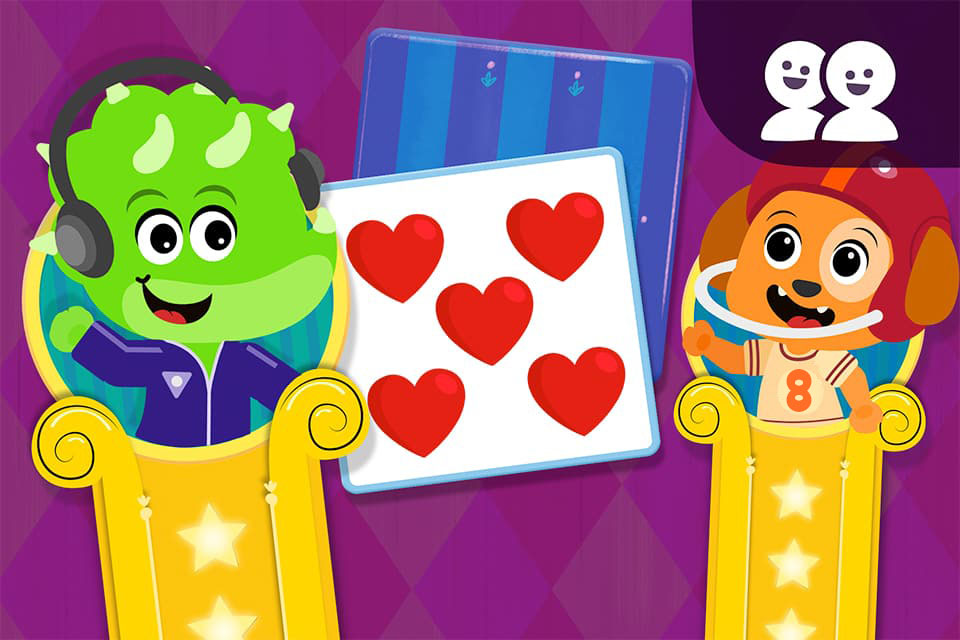
Memory Match: 1-10
As kids flip cards to find matching pairs of numbers and picture sets, they practice taking turns, good sportsmanship, empathy, and even teamwork if they choose to work together.
A game that can help grow problem-solving and decision-making skills
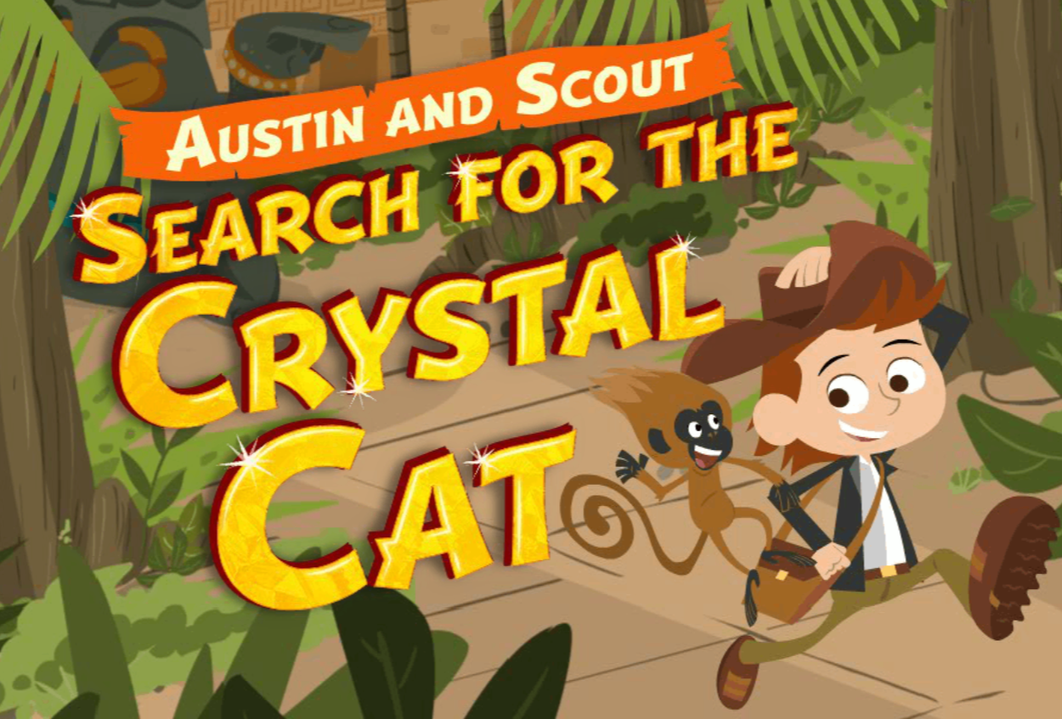
Austin and Scout: Search for the Crystal Cat
In this phonics game, children help Austin and his monkey Scout by solving word puzzles with missing letters. Each turn requires kids to think through letter sounds and choose the correct vowels and consonants to complete the words.
A game that can help grow resilience and self-confidence
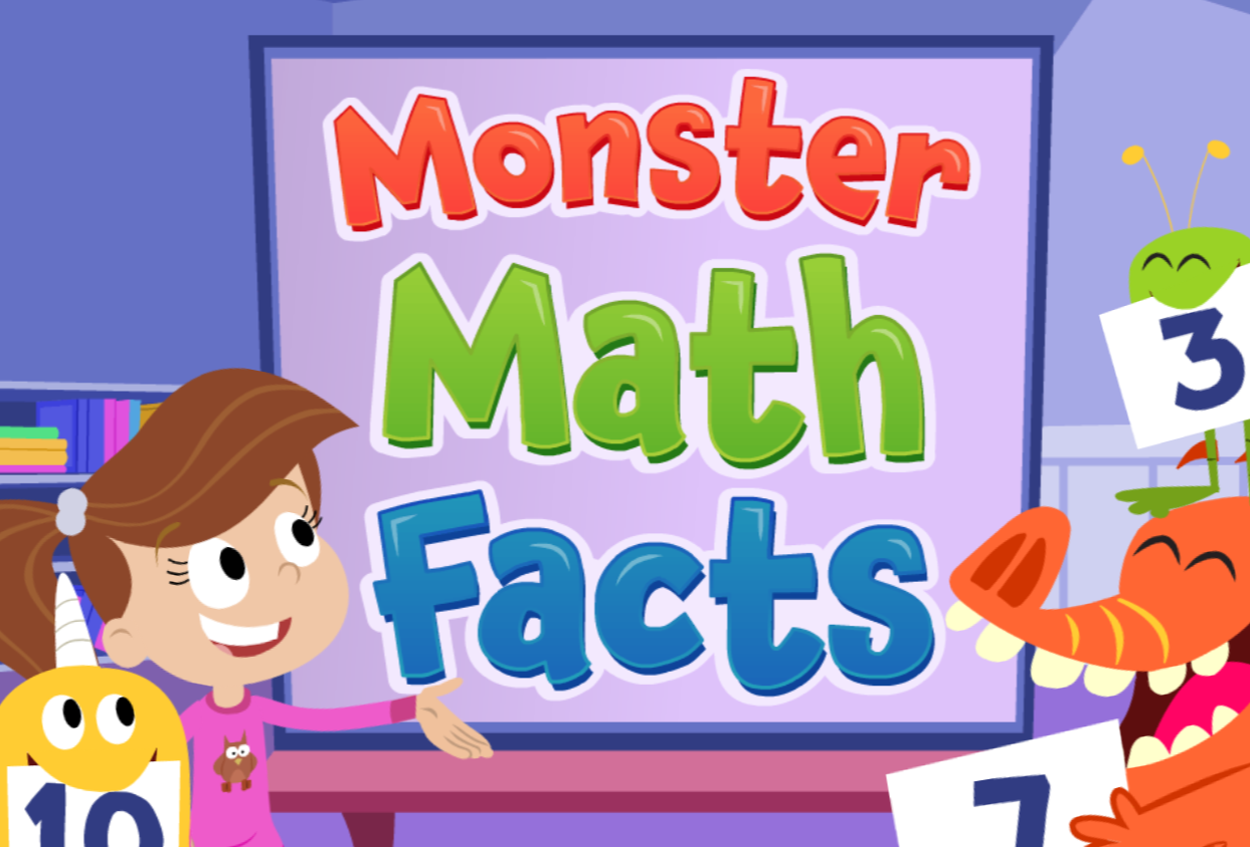
Monster Math Facts
Kids join in as Alice and her monsters try solving addition and subtraction problems as quickly as possible. This game can boost confidence with math skills and creates a safe space to make mistakes and try again.
Games that can help grow self-motivation and goal setting

All ABCmouse Games!
As children engage with games and activities within the ABCmouse app, they earn tickets and rewards to buy items for their avatar, the classroom aquarium, or their adopted pets.
Legal disclaimer: Any information, materials, or links to third-party resources are provided for informational purposes only. We are not affiliated with and do not sponsor/endorse these third parties and bear no responsibility for the accuracy of content on any external site. All information provided in this article is current as of May 2025.
References:
Clemente-Suárez VJ, Beltrán-Velasco AI, Herrero-Roldán S, Rodriguez-Besteiro S, Martínez-Guardado I, Martín-Rodríguez A, Tornero-Aguilera JF. Digital Device Usage and Childhood Cognitive Development: Exploring Effects on Cognitive Abilities. Children (Basel). 2024 Oct 27;11(11):1299. doi: 10.3390/children11111299. PMID: 39594874; PMCID: PMC11592547.
Alotaibi MS (2024) Game-based learning in early childhood education: a systematic review and meta-analysis. Front. Psychol. 15:1307881. Doi: 10.3389/fpsyg.2024.1307881
Youling Li, Di Chen, and Xinxia Deng, “The Impact of Digital Educational Games on Student’s Motivation for Learning: The Mediating Effect of Learning Engagement and the Moderating Effect of the Digital Environment,” PLOS ONE 19, no. 1 (2024): e0294350, https://doi.org/10.1371/journal.pone.0294350.



